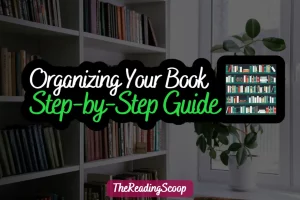Embarking on the journey of writing a book is an exhilarating and fulfilling endeavor. Whether you aspire to pen a gripping novel, a self-help guide, or a collection of poems, the world of literature is open to your creativity.
In this comprehensive guide, we will explore the joy of writing and provide you with essential steps and insights on how to start your own book. but before you need to feel very comfortable so you can bring your ideas to life, you need to have the best Cozy Reading and writing Space in your home.
Finding Your Inspiration

Unearthing Your Passion
Before you put pen to paper, it’s crucial to discover what truly inspires you. What topics, themes, or stories ignite your passion? Your book’s success often hinges on your genuine enthusiasm.
Reading as Fuel
Great writers are avid readers. Immerse yourself in various genres to broaden your horizons and gather inspiration. Explore classics, contemporary works, and everything in between.
Planning Your Book
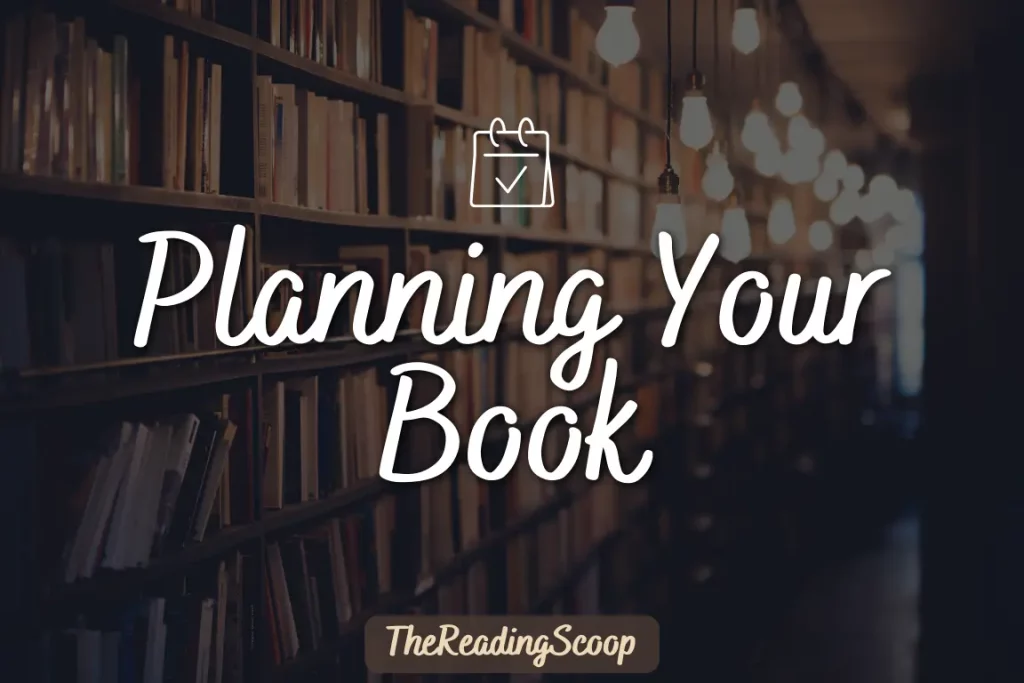
Defining Your Genre
Choosing the right genre is a pivotal decision. Whether it’s fiction, non-fiction, mystery, romance, or fantasy, ensure it aligns with your interests and strengths.
Crafting a Compelling Premise
A captivating book starts with a compelling premise. What’s the core idea or conflict that will drive your story? Develop a clear and concise concept.
Creating Memorable Characters
Characters breathe life into your narrative. Devote time to crafting well-rounded, relatable characters with distinct personalities and motivations.
Outlining Your Plot
Create a rough outline of your story’s structure. Know where it begins, the major plot points, and how it concludes. This roadmap will keep you on track.
Writing Your Book
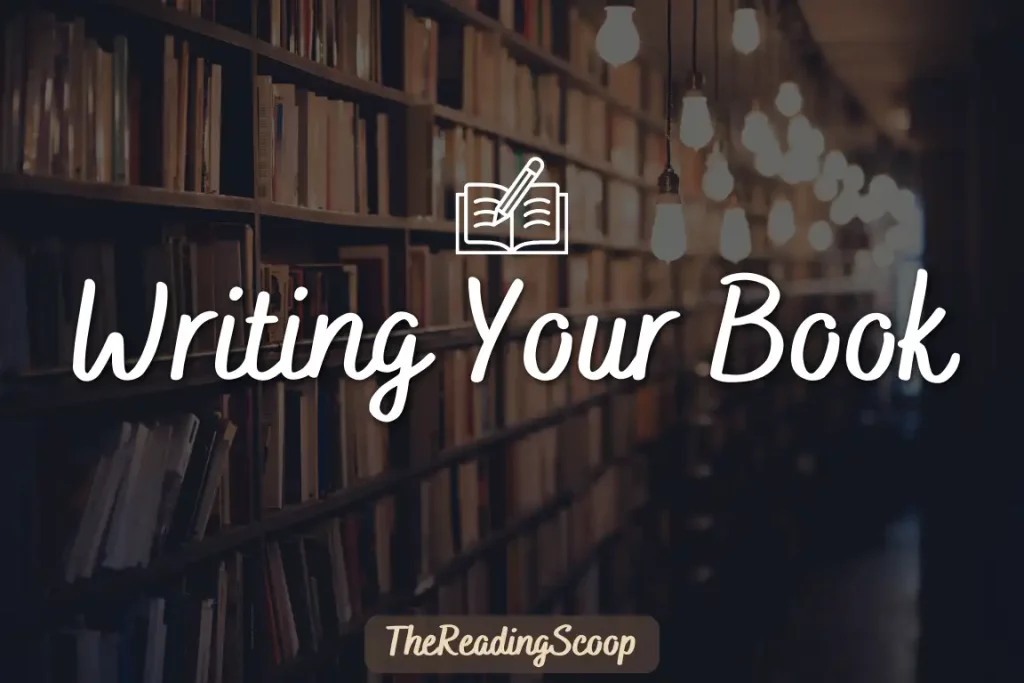
Setting a Writing Routine
Consistency is key. Establish a writing routine that suits your lifestyle. Whether it’s a daily word count or designated writing hours, stick to it.
Overcoming Writer’s Block
Every writer faces moments of creative drought. Employ various techniques like freewriting, brainstorming, or changing your writing environment to break through writer’s block.
First Draft Freedom
Don’t obsess over perfection in your first draft. Let your creativity flow without self-editing. You can refine and polish it in later drafts.
Seeking Feedback
Share your work with trusted beta readers or writing groups. Constructive feedback will help you improve and see your blind spots.
Editing and Polishing
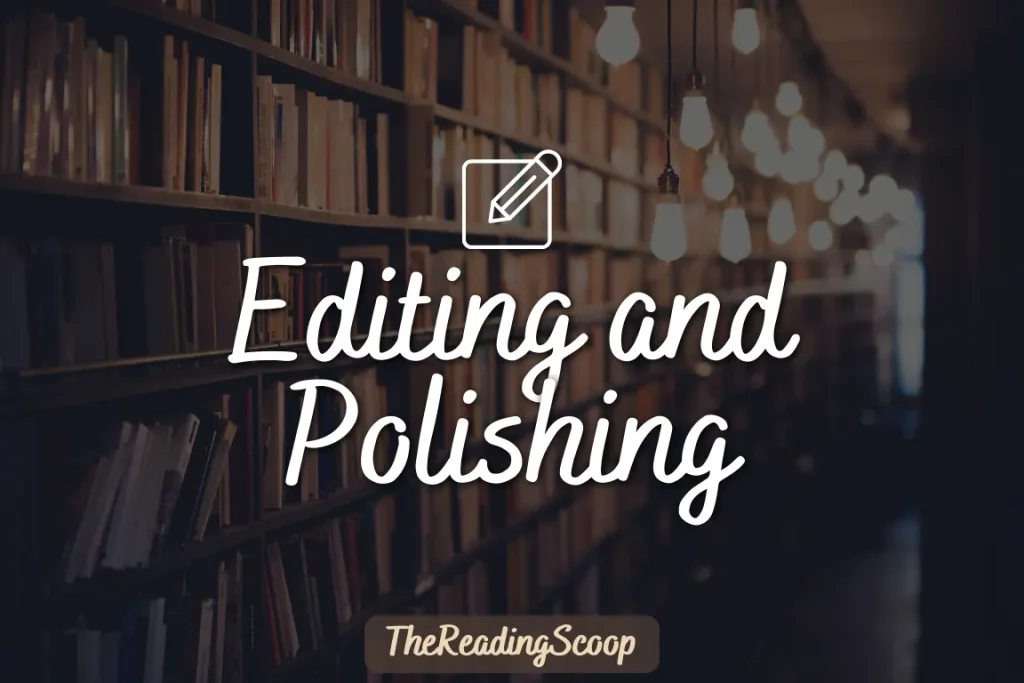
Self-Editing
Begin by reviewing and revising your manuscript for clarity, coherence, and consistency. Pay attention to grammar, spelling, and punctuation.
Professional Editing
Consider hiring a professional editor for a comprehensive review. They can provide invaluable insights and ensure your book is polished to perfection.
Publishing Your Book
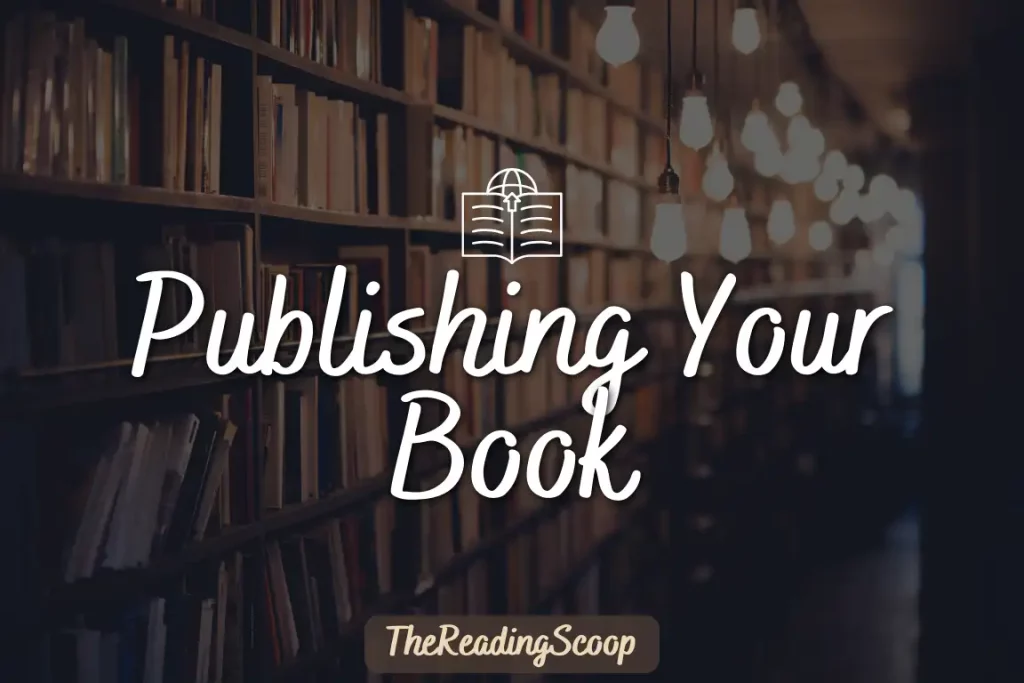
Traditional Publishing vs. Self-Publishing
Explore your options. Traditional publishing involves securing a literary agent and a publishing house. Self-publishing allows you to retain creative control.
Cover Design and Formatting
Invest in an eye-catching book cover and professional formatting. A visually appealing book is more likely to attract readers.
Marketing and Promotion
Create a marketing plan to reach your target audience. Utilize social media, book launches, and author websites to promote your work.
Conclusion
Embarking on the journey of writing your own book is a profound and rewarding experience. Remember, the joy of writing lies in your ability to express your unique voice and share your stories with the world. Follow these steps, stay committed, and let your creativity flow.
FAQs
How long does it take to write a book?
The time it takes to write a book varies greatly depending on factors like the book’s length, complexity, and the author’s writing pace. On average, it can take several months to several years. for example, it took me 3 years and until now still writing for my novel, so it depends on you.
Do I need to have writing experience to start a book?
No, you don’t need prior writing experience to start a book. What’s essential is your passion, dedication, and willingness to learn and improve as you go along.
Is self-publishing a viable option for new authors?
Yes, self-publishing is a viable and increasingly popular option for new authors. It offers creative control and allows you to get your work out into the world without the need for a traditional publisher. or you can publish on Amazon kdp.
How can I stay motivated during the writing process?
Staying motivated can be challenging, but setting realistic goals, finding a writing routine that works for you, and seeking support from fellow writers can help maintain your enthusiasm.
What if I face rejection from literary agents or publishers?
Rejection is a common part of the writing journey. Many famous authors faced numerous rejections before finding success. Use rejection as a stepping stone to improve your craft and persevere in pursuing your dreams.


